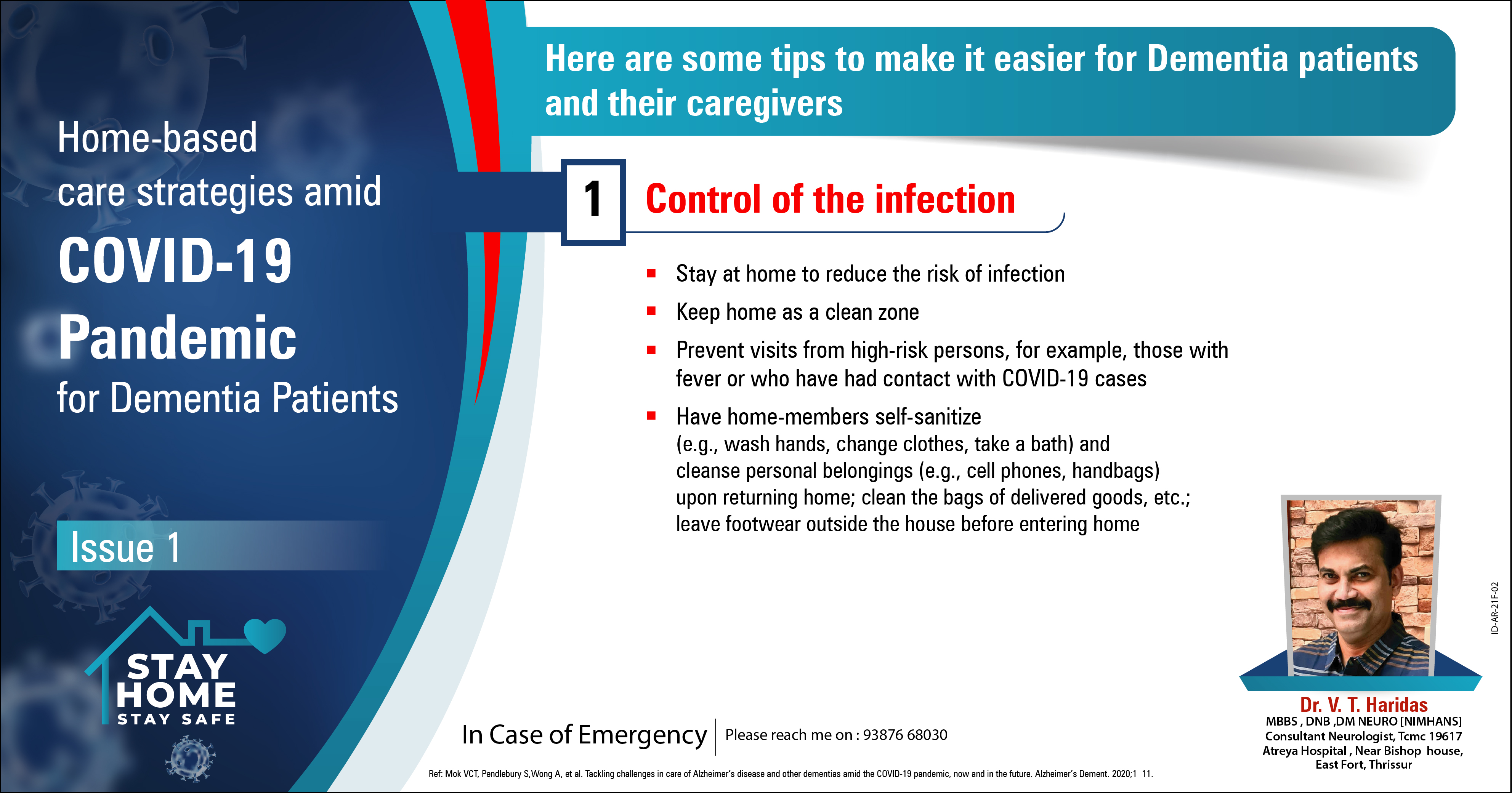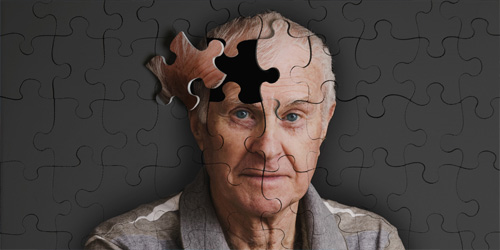Difference Uk And European Roulette If the high roller bonus isnt advertised by the online casino then you will need to get in touch with casino support. Best United Kingdom Casino Bonus If you win more from that spin, better still. Wild Slots Casino No Deposit Bonus Codes For Free Spins 2025

Dr V.T.Haridas is a Senior Consultant Neurophysician at Elite Mission Hospital, Thrissur, Kerala. He received his medical degree from the Thrissur Medical College and had his two years Post Graduate Training in General Medicine at the Kottayam Medical College. He completed his DM Neurology training at NIMHANS, Bangalore, Dr.Haridas has also received DNB degrees in General medicine as well as DNB neurology. He was a rank holder during his Graduation and his area of interest is Neuro-rehabilitation.A voracious reader with special interest in origin and futility of God and religions, Hari is also interested in painting and listening to old Hindi songs. The motto of this former University Quiz champion is “Be the change you want to see in the world”
view more


Medha Neuroclinic invites participants to join the session using below link through mobile or computers. Date: 26th Sep, Time: 10.00 am to 11.am. https://myabbottmeetings.webex.com/myabbottmeetings/j.php?MTID=ma3cec1e66c79b486afce63b28e7903f8

Through the open window , looking towards the center of the city of Paris ,Felix Vicq d’Azyr could easily appreciate the reddish hue of the festive fire lighting up the evening sky . The festival of the supreme being was reaching the peak of frenzy. He felt a worsening of his breathlessness. Thousands of sandbags were on his chest.The white…

Here are some tips to make it easier for Dementia patients and their caregivers 1 .Control of the infection Stay at home to reduce the risk of infection Keep home as a clean zone Prevent visits from high-risk persons, for example, those with fever or who have had contact with COVID-19 cases Have home-members self-sanitize (e.g., wash hands, change clothes,…


We are happy to announce the successful conclusion of the Kerala BRAIN BEE QUIZ 2024, a prestigious event aimed at inspiring the next generation of neuroscientists and psychologists. This competitive quiz brought together bright young minds from across the state, all sharing a passion for understanding the human brain and…
view more

On the occasion of International Epilepsy Day, February 11, 2024, Dr. Haridas led a seminar focused on raising awareness about epilepsy. This event was part of a broader initiative to enlighten the general public about the condition, its impacts, and ways to support those affected. The seminar saw enthusiastic participation…
view more
Down came the executioner’s sword with a thud splattering blood everywhere. Neither the emperor who ordered the execution nor the mutilated victim would have imagined even in their wildest of dreams that this act would be celebrated centuries later by young couples with roses, kisses, and gifts. The fourteenth of…
view more

Through the open window , looking towards the center of the city of Paris ,Felix Vicq d’Azyr could easily appreciate the reddish hue of the festive fire lighting up the evening sky . The festival of the supreme being was reaching the peak of frenzy. He felt a worsening of…
view more

My email and WhatsApp inbox had a tough day on July 1. It was more like a Mumbai Suburban train on Saturday evening --all colors, shapes, language, faces and slogans And everyone proclaimed the greatness of my profession, untiring services rendered, and the sacrifices made by my companions. This year…
view more

Urinary bladder has a complex innervations with somatic and sympathetic systems and carries out dual functions of storage and emptying of urine. At least 25% of the clinical problems seen in pediatric urology are the result of neurologic lesions that affect the lower urinary tract function. Our increasing understanding of…
view more

Epilepsy is a chronic disorder characterized by recurrent seizures, which may vary from a brief lapse of attention or muscle jerks, to severe and prolonged convulsions. The seizures are caused by sudden, usually brief, excessive electrical discharges in a group of brain cells (neurones). In most cases, epilepsy can be…
view more

Chronic headache, or chronic daily headache (CDH), is classified as experiencing fifteen or more days with a headache per month. It is estimated that chronic headaches affect "4% to 5% of the general population".Chronic headaches consist of different sub-groups, primarily categorized as chronic tension-type headaches and chronic migraine headaches. The…
view more

Brain cell connections and the cells themselves degenerate and die, eventually destroying memory and other important mental functions. Memory loss and confusion are the main symptoms. No cure exists, but medications and management strategies may temporarily improve symptoms.
view more


